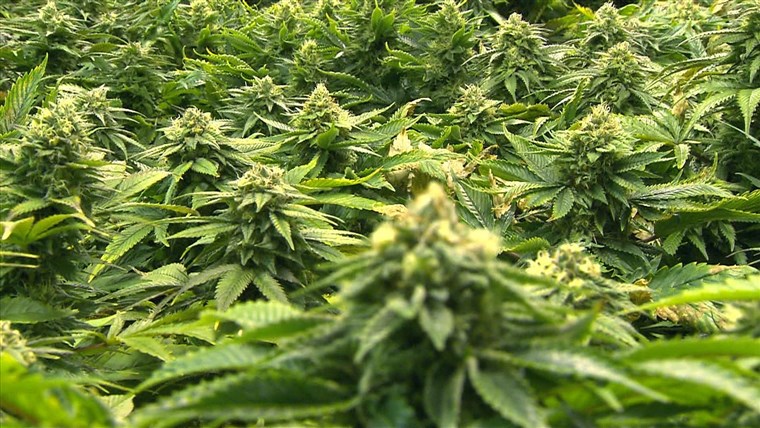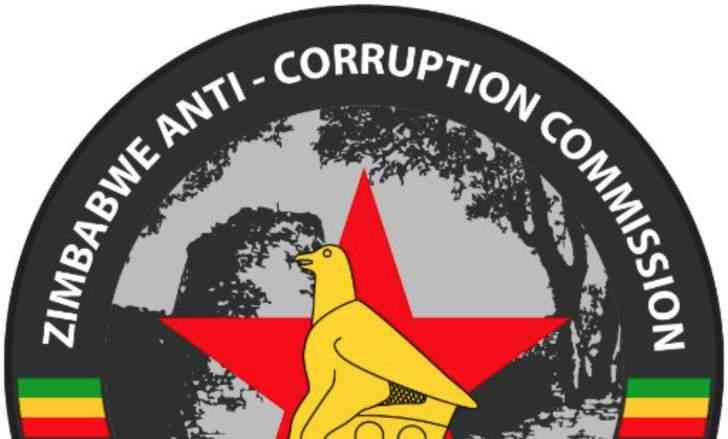
A lot has been happening behind the scenes to facilitate the legalisation of hemp production, with the Department of Agriculture, Land Reform and Rural Development (agriculture department) set to start issuing manufacturing and production permits by October.
This was according to Francina Rakgahla, production scientist at the agriculture department, speaking during an online industrial crop information day hosted by the agriculture department and the National Agricultural Marketing Council.
Kwena Mokgohloa, a researcher at the Agricultural Research Council (ARC), said the ARC had been researching hemp production since 1994, starting with cultivar evaluation on imported varieties.
The ARC, in collaboration with the Eastern Cape Department of Agriculture, has since released a production guide titled ‘Hemp Production in South Africa’, covering everything from soil and climatic requirements to harvesting and retting.
Breeding was also taking place, resulting in the development of SA Hemp 1 and SA Hemp 2. Mokgohloa, however, pointed out that these varieties could not be registered commercially until the Drug Trafficking Act had been amended to distinguish hemp from cannabis, and identify it as a commercial crop.
The ARC’s focus had since shifted to medicinal cannabis.
“We need time and funding to multiply the seed for commercial use, but we do have a multiplication plan once legislation allows the registration of these varieties,” Mokgohloa said.
Delegates were concerned that if permits were only issued in September, it would be too late for producers to plant this year, and seed still had to be registered, multiplied or imported.
- Chamisa under fire over US$120K donation
- Mavhunga puts DeMbare into Chibuku quarterfinals
- Pension funds bet on Cabora Bassa oilfields
- Councils defy govt fire tender directive
Keep Reading
The Cannabis Lobby Group’s Nick Heinemann said that hemp needed to be redefined for African production purposes; in Europe, hemp was defined as containing 0,2% or less of the psychoactive chemical tetrahydrocannabinol (THC). However, he said this wouldn’t work in South Africa because of the country’s warm climate, and recommended a THC level of 1%.
Tony Burden, director of Herbarium, said during his presentation that hemp should not be confused with a specific plant or species, but should rather be seen as a by-product.
He lamented the proposed regulations that hemp be kept inside 2m-high fencing and that producers would only be allowed to use certain parts of the plants, which would impact the financial viability of production.
Dr Thandeka Kunene, CEO of House of Hemp, agreed, pointing out that hemp fibres traded at around R20/kg, tow at R10/kg, hurds at R56/kg, hemp dust at R2/kg, and cannabidiol (CBD) oil for between R1 500/kg and R2 000/kg.
Heinemann said the market for CBD needed to be revised to simulate the traditional medicine model, where consumers have a relationship with the healer.
“At the moment, only a handful of people are making money exporting a limited amount of medicinal cannabis. To […] create jobs, we need to develop the local market and render production accessible to everyone. We want government to create an enabling framework and let the industry function the same way that the tobacco and liquor industries do.”
Kunene added that South Africa had lost huge funding opportunities because of prohibitive regulation: “If we don’t have an enabling environment, people will take their money elsewhere.” – farmersweekly











